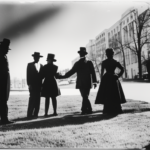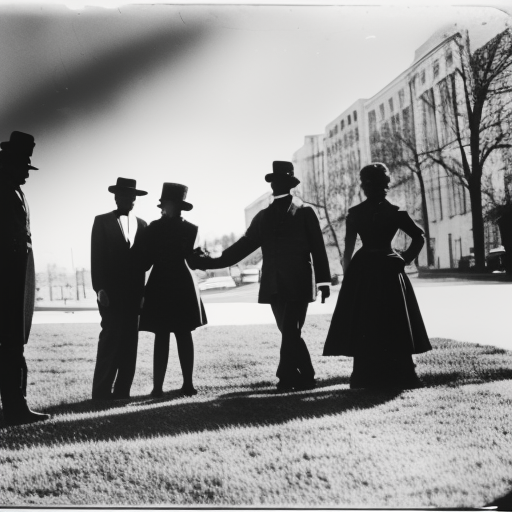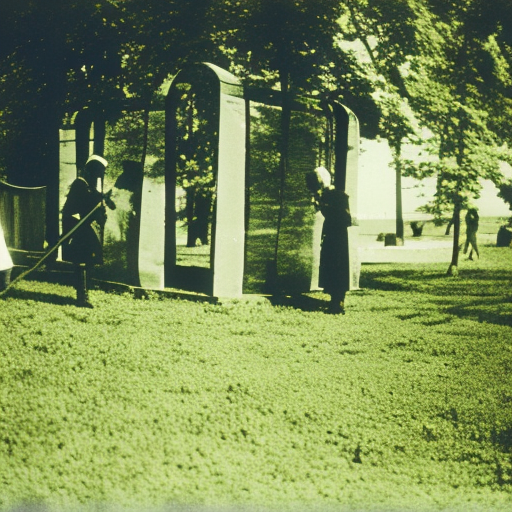The Dred Scott Decision (1857)
The Dred Scott Decision was a landmark ruling by the United States Supreme Court in 1857 that had significant implications for the institution of slavery and the rights of African Americans. The case originated when Dred Scott, an enslaved African American man, sued for his freedom in the Missouri courts.
Background
Dred Scott was born into slavery in Virginia in the late 18th century. He was later taken to Missouri, a slave state, where he lived with his owner, Dr. John Emerson. In 1834, Emerson moved to the free state of Illinois and then to the Wisconsin Territory, where slavery was prohibited under the Missouri Compromise of 1820. Scott lived in these free territories for several years before returning to Missouri.
The Lawsuit
In 1846, Dred Scott filed a lawsuit in the Missouri courts, claiming that his residence in free territories had made him a free man. The case eventually made its way to the United States Supreme Court. The central question before the Court was whether Scott, as a person of African descent, could be considered a citizen of the United States and therefore entitled to sue in federal court.
The Supreme Court Ruling
In 1857, the Supreme Court issued its ruling in the case of Dred Scott v. Sandford. Chief Justice Roger B. Taney delivered the majority opinion, which had far-reaching implications. The Court held that African Americans, whether enslaved or free, were not citizens and therefore could not sue in federal court. Furthermore, the Court declared that the Missouri Compromise, which had prohibited slavery in certain territories, was unconstitutional.
Implications
The Dred Scott decision had several significant implications. Firstly, it denied African Americans the rights and protections afforded to citizens under the Constitution. This ruling effectively declared that African Americans were not equal to white Americans and perpetuated the institution of slavery.
Secondly, the decision invalidated the Missouri Compromise, which had been a key compromise in maintaining the balance between free and slave states. The Court’s ruling opened up the possibility of slavery expanding into previously free territories, intensifying the sectional tensions between the North and the South.
Political and Social Impact
The Dred Scott decision was met with outrage and condemnation in the North, where anti-slavery sentiment was strong. Many viewed the ruling as a pro-slavery conspiracy by the Southern-dominated Court. The decision further polarized the nation along sectional lines and contributed to the growing tensions that would eventually lead to the American Civil War.
The ruling also had political implications. It strengthened the Republican Party, which was founded in opposition to the expansion of slavery. The decision galvanized anti-slavery sentiment and helped propel Abraham Lincoln to the presidency in 1860.
Legacy
The Dred Scott decision is widely regarded as one of the most controversial and divisive rulings in the history of the Supreme Court. It highlighted the deep divisions over the issue of slavery and the struggle for civil rights in the United States. The decision was eventually overturned by the passage of the Thirteenth and Fourteenth Amendments to the Constitution, which abolished slavery and granted citizenship and equal protection under the law to all persons born or naturalized in the United States.
In conclusion, the Dred Scott decision of 1857 had profound implications for the institution of slavery and the rights of African Americans. The ruling denied African Americans citizenship and invalidated the Missouri Compromise, further deepening the divide between the North and the South. The decision fueled anti-slavery sentiment and played a significant role in the lead-up to the American Civil War. Ultimately, the decision was overturned by constitutional amendments that abolished slavery and granted equal rights to all citizens.












